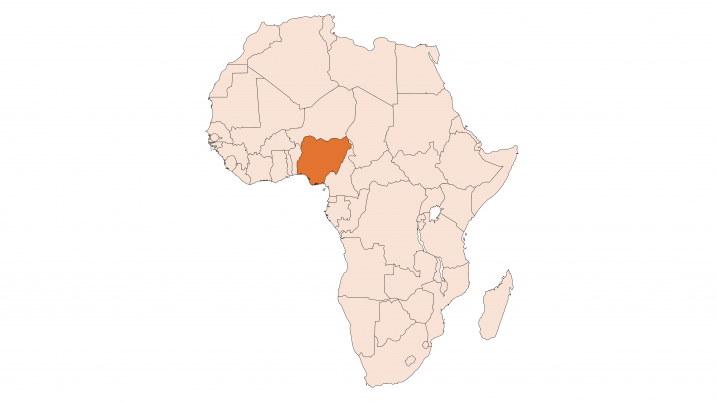Governance
We work alongside our partners to help identify what works best in governance programming to help them strengthen the effectiveness and impact of their work. Through establishing MEL systems, conducting research, being a learning partner and through various types of evaluation, we help to ensure that decisions that impact lives are informed by learning and evidence.
Use the filters below to explore our work in governance.
Filter content:

BRACED-X: Deep Dive in Nepal
This deep dive report, which was produced by the BRACED knowledge manager’s monitoring, learning and evaluation (MLE) team...

2019 Annual Review and 2020 Project Completion Report/Impact Review of the Rwanda Multi-Donor Civil Society Support Programme
Itad is reviewing MDCSSP - a programme contributing to improved governance in Rwanda, primarily focused on making governance...

Adaptive Programming in Fragile, Conflict and Violence-Affected Settings. What Works and Under What Conditions? The Case of Institutions for Inclusive Development, Tanzania
Adaptive Management involves a dynamic interaction between three elements: delivery, programming and governance. This case...

Corporate thematic evaluation of UN Women’s contribution to governance and national planning
This evaluation, planned under UN Women’s corporate evaluation plan1, focuses on UN Women’s contribution to Governance and...

In brief: Corporate evaluation of UN Women’s contribution to governance and national planning
This evaluation, planned under UN Women’s corporate evaluation plan1, focuses on UN Women’s contribution to Governance and...

A4EA: The Case for an Adaptive Approach to Empowerment and Accountability Programming in Fragile Settings
This A4EA paper brings together three case studies of large Department for International Development (DFID) governance...

Adaptive Programming in Fragile, Conflict and Violence-Affected Settings – What works and under what conditions? The Case of PERL, Nigeria
This case study focuses on PERL (Partnership to Engage, Reform and Learn) in Nigeria and draws on a conceptual framework (the...

Does adaptive programming work in fragile contexts, and why? The case of PERL in Nigeria
We’ve just published a case study based on a fascinating week in Nigeria last summer, exploring what ‘adaptive...

Learning how to create a culture of learning
When we evaluated how the Norwegian Aid Administration practised Results-Based Management (RBM) earlier this year, one of our...

Evaluation of the Global Partnership for Sustainable Development Data (GPSDD)
Itad has been commissioned to design and conduct an evaluation of the Global Partnership for Sustainable Development Data (GPSDD).

Mobilising for Development Independent Evaluation Manager (IEM)
The M4D evaluation was funded by DFID, conducted by Itad (as the IEM), and ran from 1 November 2014 to 15 May 2018, beginning...

Scaling up Nutrition in Pakistan (SNIP)
DFID is contributing £68 million of support to nutrition interventions in Pakistan, focusing investment on improving...

60 seconds with…Ekaterina Shaleva
Our ‘60 Seconds with…’ blogs are designed to provide a quick run down of what our staff do here at Itad. Here is what...

Adaptive Programming in Fragile, Conflict and Violence-Affected Settings – What works and under what conditions? The Case of Pyoe Pin, Myanmar
This paper examines adaptive approaches in aid programming in a fragile, conflict and violence-affected setting (FCVAS),...
Reflections on Itad’s work to promote the equitable participation of people with disabilities in issues that affect them
The UK government has successfully co-hosted its first ever Global Disability Summit to boost efforts to assist people with...

AVANTI – advancing knowledge for agricultural impact
National governments in the fields of agriculture and rural development across many low- and middle-income countries face...

